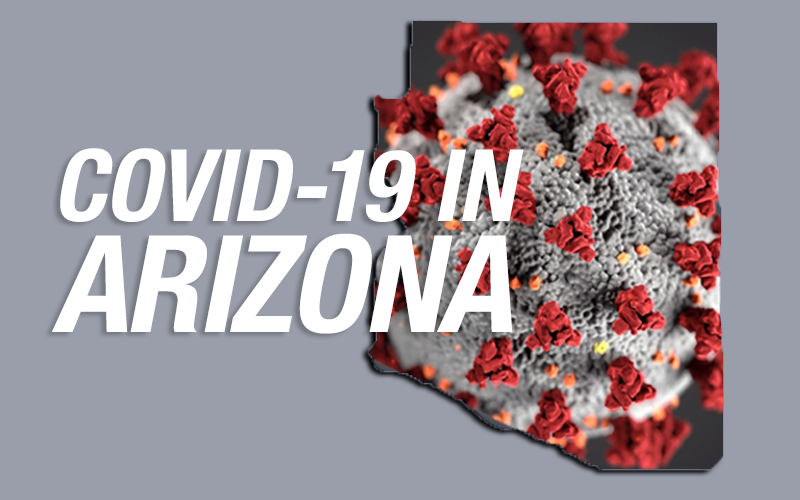PHOENIX – The disproportionate impact COVID-19 has had on minorities underscores the longstanding failure of federal officials to respond to the needs of Native Americans, Rep. Betty McCollum said Thursday in a subcommittee meeting on the Indian Health Service.
“Five tribes are experiencing more instances of coronavirus per 100,000 citizens than any states, including New York,” the Minnesota Democrat said, citing data from the American Indian Studies Center at UCLA and Indian Country Today.
According to a data visualization posted by UCLA researchers, if COVID-19 infection rates were scaled per 100,000 people and if tribes were states, the top five infection rates nationwide would be tribes. The Navajo Nation ranks fifth in the highest number of cases per capita, the data said.
The virus has raced through the Navajo reservation, which touches parts of New Mexico, Utah and Arizona and is home to 173,000 tribal members. As of Tuesday, 6,110 COVID-19 cases have been reported on the reservation, with 277 deaths and 2,814 recoveries.
“The United States government has a trust responsibility to Indian tribes and signed treaties promising to provide health care and other services,” said McCollum, chairwoman of the House Interior, Environment, and Related Agencies Appropriations Subcommittee. “Hundreds of years later, the failure to meet these treaty and trust obligations continues.”
Even before the pandemic, she said, the federal government had failed to provide basic preventative health care or to meet treaty obligations extending beyond health care. Since the pandemic was declared in March, officials have not provided sufficient personal protective equipment and adequate test kits, and they delayed distribution of federal relief funds, McCollum added.
As of Sunday, June 14, the Arizona Department of Health Services reported 1,233 new cases of COVID-19 in the state – the fifth consecutive day with new infections above 1,200 – and 3 additional deaths, bringing the total to 1,186. Health officials said 469,426 tests for COVID-19 have been completed in public and private labs in Arizona, and the state said 6.9% of people who were tested were positive for the virus.
Face masks required at ASU beginning in the fall
Arizona State University will require face coverings for all employees, students and visitors in school’s buildings, officials said Friday in a statement. Face coverings will also be required in outdoor community spaces where social distancing isn’t possible. Examples of outdoor community spaces include garages and parking lots, ASU shuttles, bicycle racks and sidewalks. The requirements will start in the fall semester.
Walk-up and drive-thru swab testing available
Walk-up and drive-thru swab testing for COVID-19 will be available in west Phoenix the next two Saturdays, KTAR reports. Testing will take place from 6 to 11 a.m. at Desert West Park and Sports Complex, 6602 W. Encanto Blvd. Those being tested will be asked to provide their insurance information; uninsured patients will be covered by funds allocated by the CARES Act.
Guadalupe’s COVID-19 rate nearly 5 times higher than Maricopa County’s
The town Guadalupe – wedged between Tempe and Phoenix and home to fewer than 7,000 residents – is reporting a COVID-19 infection rate case rate is 4.6 times greater than Maricopa County, one of the hardest hit areas of Arizona, KJZZ reports.
Concerns grow about discrimination against Asian Americans
With so much fear and misinformation surrounding the pandemic, Asian Americans have reported increases in instances of racial harassment, with more than 1,700 such reports collected, Cronkite News reports. Experts say the incidents have affected the mental health of Asian Americans, who traditionally do not seek treatment for such issues.


